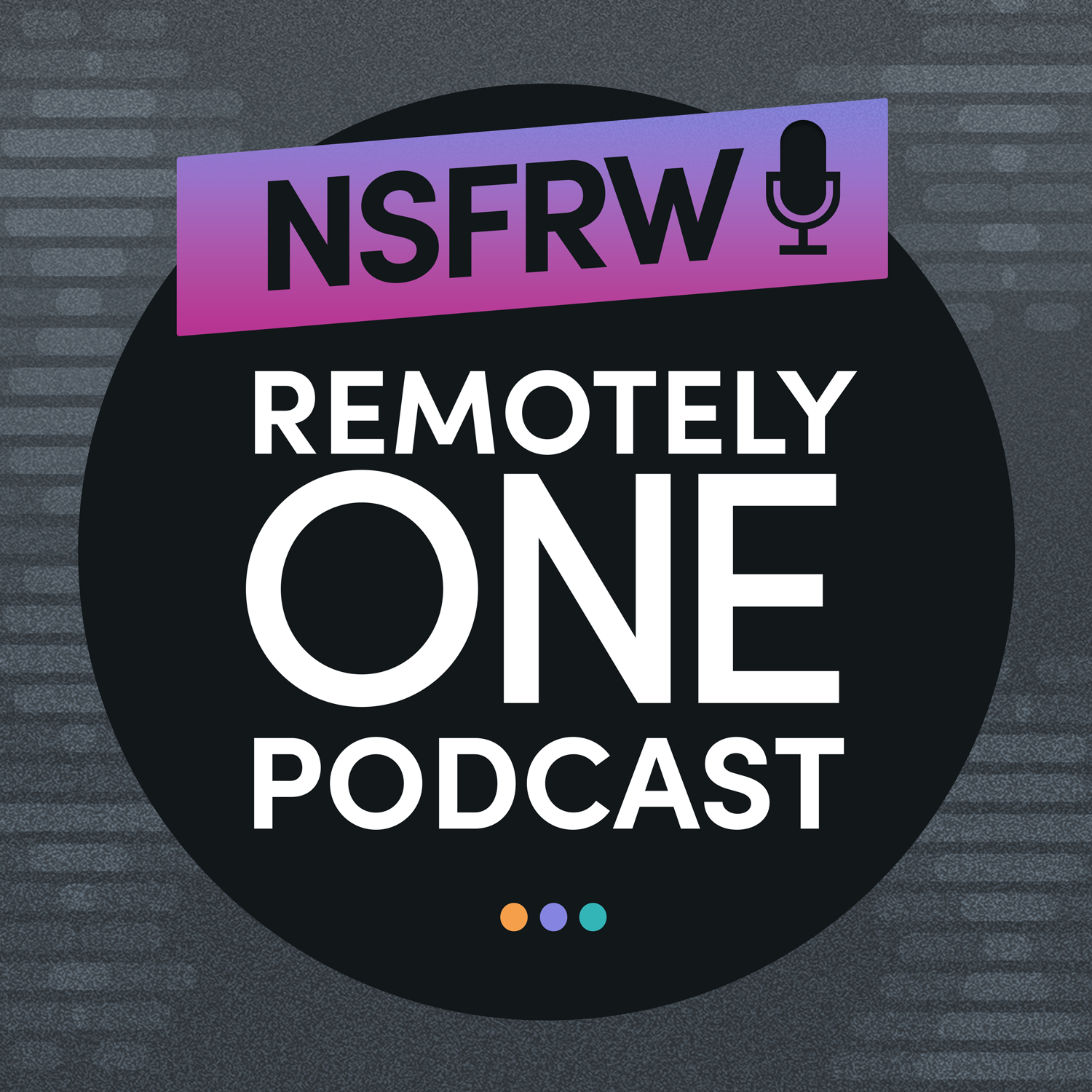
Discover how Tulsa Remote, a pioneering program led by Justin Harlan, is revolutionizing economic development through remote work. This summary highlights the program's key aspects, its impressive results, and its impact on both individuals and the community.
Founded in 2019, Tulsa Remote aims to attract knowledge economy workers to Tulsa, Oklahoma, by offering enticing incentives. Qualified remote workers, who haven't lived in Oklahoma for at least a year, are provided with a $10,000 cash incentive, access to a vibrant co-working space, and a strong community through various networking events. Tulsa Remote's objective is to dispel the misconception that remote work is isolating by fostering relationships and creating a sense of belonging beyond the workplace.
The program's overwhelming success is evident from the 70,000 applications received, with 2,300 individuals selected to participate. Remarkably, around 90% of participants choose to stay in Tulsa after their initial year-long commitment, underscoring the city's appeal as both a place to live and work.
Tulsa Remote stands out by attracting individuals who not only contribute to the economy but also make meaningful contributions to the community. Factors such as Tulsa's lower cost of living compared to larger cities, its rich history, including the tragic Tulsa Race Massacre of 1921, and the program's commitment to diversity, have inspired applicants to join the city's revitalization efforts.
The economic impact of Tulsa Remote has been substantial, with around $60 million already added to the local economy. Projections indicate that by 2025, this figure will surpass $500 million in local earnings. Remote workers' spending power and their support for local businesses have fueled this growth, establishing Tulsa Remote as a model program for revitalizing cities through remote work.
Tulsa Remote's success has led to its recognition and replication in other cities across the United States. Unique incentives and the program's positive impact on individuals and communities contribute to its popularity. Justin Harlan emphasizes remote work's role in attracting and retaining top talent while driving economic growth.
This interview also explores the pandemic's impact on Tulsa Remote's operations and the future of remote work. Justin highlights the importance of employee choice, work-life balance, and equitable experiences for remote and in-office employees. He predicts that remote work will remain a significant topic, necessitating organizational adaptations to meet the desires of skilled employees.
Join the conversation on how remote work can transform economic development, and learn about the exciting possibilities and opportunities that this flexible work model brings to communities.
Learn More About Justin:
- https://www.linkedin.com/in/justinharlan/
- https://tulsaremote.com/

